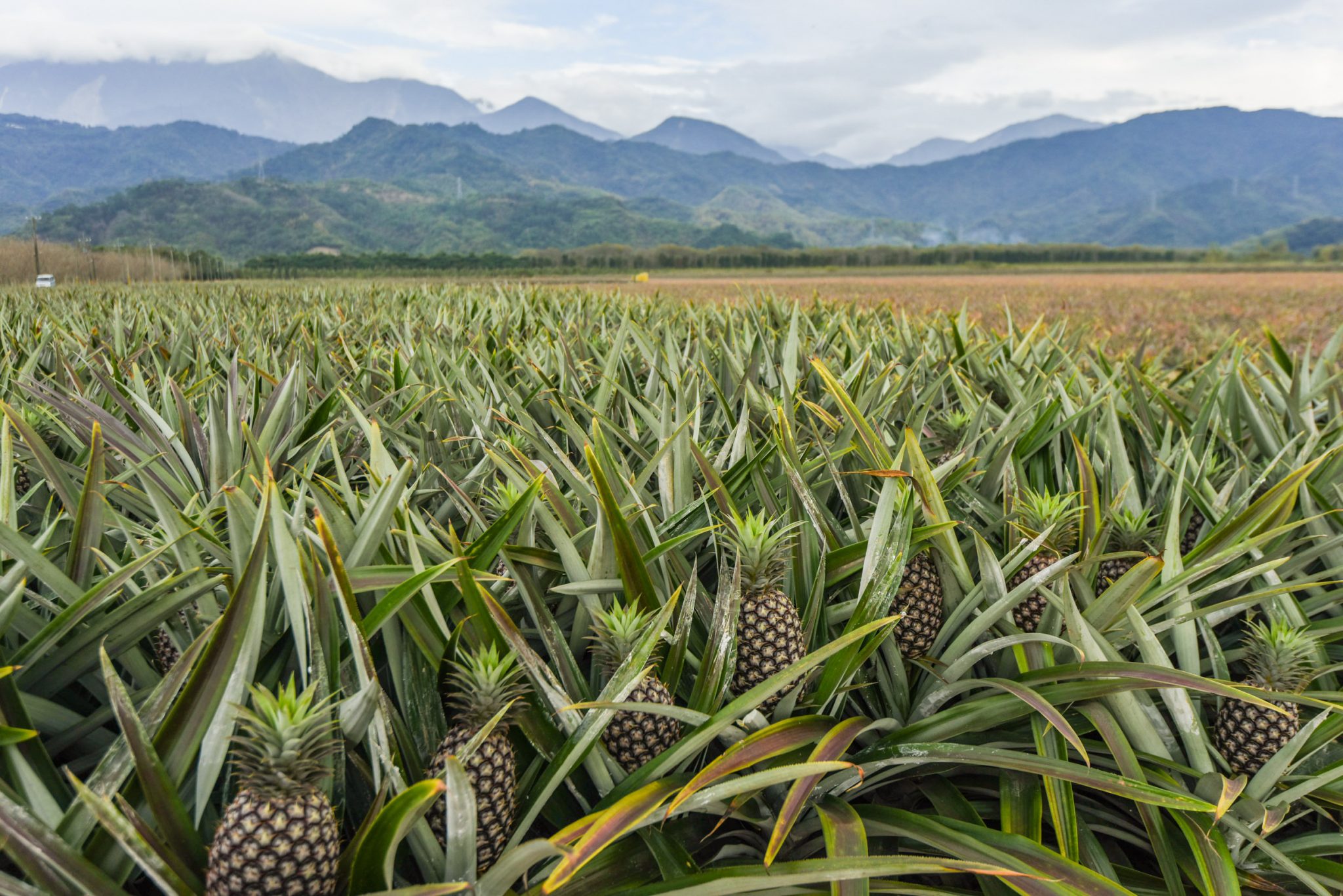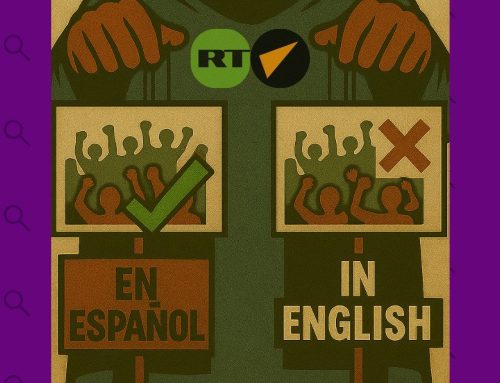If democracies are to stand up to Chinese coercion, they will have to join forces, Emerging Technologies Fellow Lindsay Gorman writes in Foreign Policy.
This month, China banned imports of Taiwanese pineapples, the latest in a string of punitive trade measures against democracies that illustrate how China has weaponized its growing economic clout. As the island’s largest trading partner, China buys more than 90 percent of Taiwanese pineapple farmers’ exports. But the island is taking Beijing’s boycott in stride, underlining the potential for what is quickly emerging as one of the Biden administration’s sharpest foreign-policy tools: bringing democratic allies together on China.
U.S. President Joe Biden took the first step in that direction last week. In a joint statement, the leaders of the four democracies in the Quadrilateral Security Dialogue—Australia, India, Japan, and the United States—announced their support for an Indo-Pacific region “anchored by democratic values, and unconstrained by coercion.” To that end, the Biden administration also appears to be taking a strongly pro-Taiwan stance, with the U.S. State Department saying in a statement in January that Washington’s commitment to Taipei is “rock-solid.”




